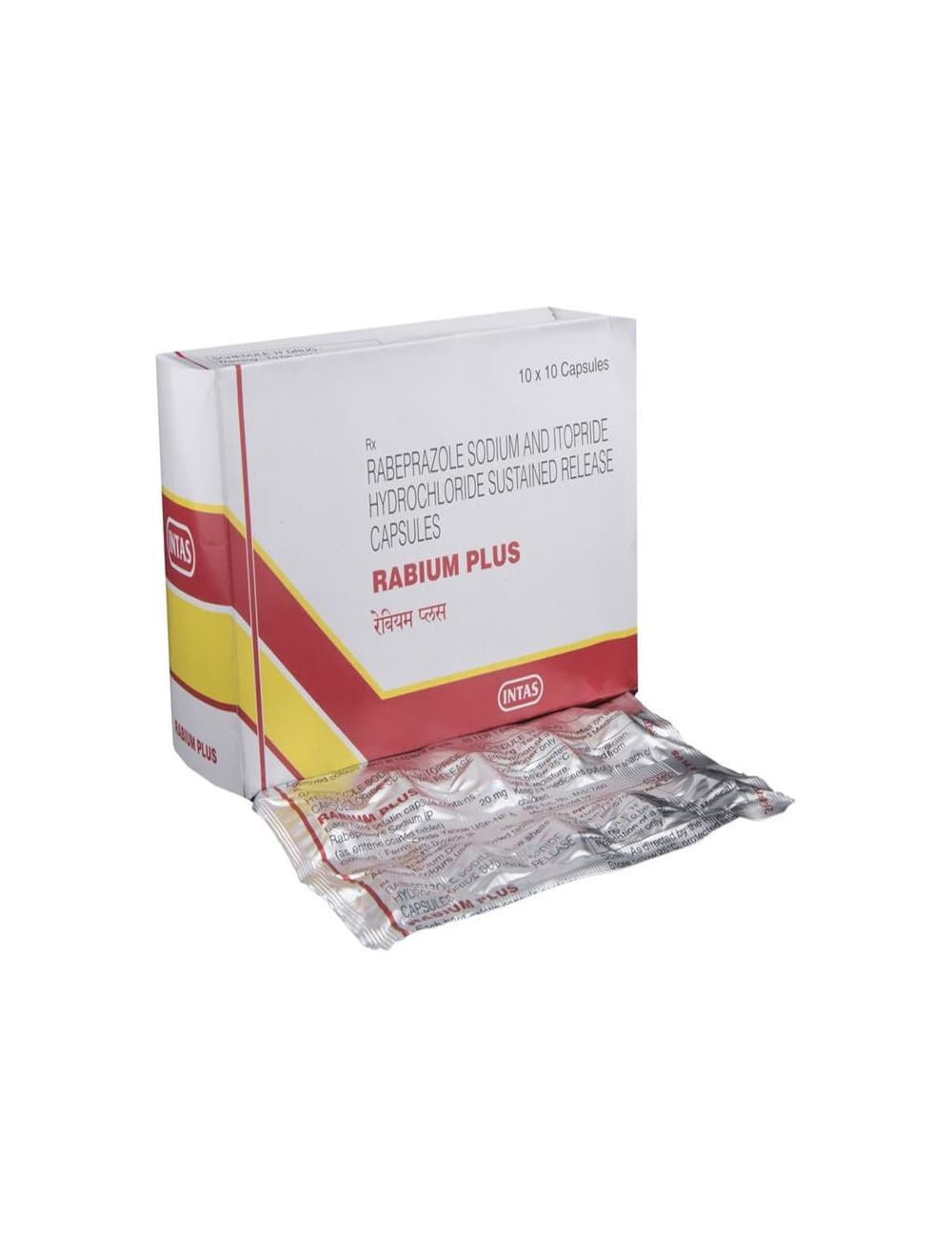nausetil PROCHLORPERAZINE
Introduction to nausetil
Nausetil, also known as Prochlorperazine, is a medication primarily used to treat nausea and vomiting. It is also effective in managing symptoms of certain mental health conditions such as schizophrenia and anxiety. By blocking specific neurotransmitters in the brain, it helps alleviate these symptoms.
Composition of nausetil
Nausetil contains the active ingredient Prochlorperazine, which is responsible for its therapeutic effects. It works by interfering with the action of dopamine, a neurotransmitter involved in mood and behavior regulation.
Uses of nausetil
- Treatment of nausea and vomiting related to surgery or cancer treatments
- Management of symptoms of schizophrenia, such as delusions and hallucinations
- Relief from anxiety
- Treatment of vertigo or dizziness due to inner ear problems
- Management of psychotic disorders
Side effects of nausetil
Common side effects:
- Drowsiness
- Dizziness
- Dry mouth
- Constipation
Serious side effects:
- Extrapyramidal symptoms (tremors, rigidity, abnormal movements)
- Tardive dyskinesia (involuntary movements)
- Neuroleptic malignant syndrome (a life-threatening condition)
- Hypotension (low blood pressure)
- Severe allergic reactions
- Seizures
Precautions of nausetil
Before taking nausetil, inform your doctor if you have a history of seizures, liver disease, or heart problems. It is contraindicated in individuals with hypersensitivity to the drug or those experiencing severe central nervous system depression or coma. Be aware of the risk of serious side effects like extrapyramidal symptoms and neuroleptic malignant syndrome.
How to Take nausetil
- For nausea and vomiting, take 5-10 mg 3-4 times a day.
- For schizophrenia or anxiety, start with 5-10 mg 2-3 times daily.
- Can be taken with or without food.
- Swallow the tablet whole with a glass of water.
- If using a suppository, follow your doctor's instructions for insertion.
Conclusion of nausetil
Nausetil is a versatile medication used to treat a variety of conditions, from nausea and vomiting to certain mental health disorders. While it is generally effective, it is important to be aware of potential side effects and take necessary precautions. Always follow your healthcare provider's instructions for safe and effective use.


Can I take Nausetil with other prescription drugs?
Nausetil can interact with other medications, increasing the risk of side effects. Major interactions include those with sedatives, alcohol, and certain antidepressants, which can enhance drowsiness. It may also interact with medications that affect the heart or blood pressure. Always inform your doctor about all medications you're taking to avoid potential interactions. They can help manage your treatment safely and adjust your medications if necessary.

Can Nausetil be taken safely while breastfeeding?
Nausetil is not recommended while breastfeeding. Limited information is available on whether it passes into breast milk. Potential risks to the breastfed infant are not well-documented. If you're breastfeeding or planning to breastfeed, talk with your doctor about safer medication options. They can help you choose a treatment that allows you to nurse your baby safely while managing your symptoms.

Can Nausetil be taken safely while pregnant?
Nausetil should be used during pregnancy only if clearly needed. Limited evidence is available on its safety during pregnancy. Animal studies have shown some risks, but human data is lacking. If you're pregnant or planning to become pregnant, discuss the risks and benefits with your doctor. They can help determine the safest treatment options for you and your baby during this important time.

Does Nausetil affect appetite?
Nausetil doesn't typically affect appetite. Most people taking this medication don't notice changes in how hungry they feel. If you experience unexpected changes in your appetite, talk with your doctor. They can help determine if these changes are related to Nausetil or if there might be another cause. Maintaining regular meal times and a balanced diet can help manage mild appetite changes.

Does Nausetil affect mood?
Nausetil can affect mood, causing changes like anxiety or agitation, but these effects are rare. If you notice mood changes after starting this medication, talk with your doctor. They can help determine if the mood changes are related to Nausetil or if there might be another cause. Your doctor can suggest appropriate support and adjustments to your treatment plan if needed.

Does Nausetil affect sleep?
Nausetil doesn't typically interfere with sleep. Most people take this medication without experiencing changes in their sleep patterns. If you notice sleep disturbances after starting Nausetil, talk with your doctor. They can help determine if the sleep issues are related to the medication or if there might be another cause. Your doctor can suggest ways to improve your sleep while continuing your treatment.

Does Nausetil cause headaches?
Yes, Nausetil can cause headaches, but this is not common. If you experience mild headaches, staying hydrated and resting may help. Over-the-counter pain relievers can also be used after consulting your doctor. If headaches are severe or persistent, contact your healthcare provider. They can help determine if the headaches are related to Nausetil or if another cause needs attention. Always discuss any new or worsening symptoms with your doctor.

Does Nausetil cause stomach upset?
Yes, Nausetil can cause stomach upset, including nausea and vomiting, but these effects are rare. If you experience mild stomach upset, taking the medication with food might help. If symptoms persist or worsen, contact your doctor. They can help determine if the stomach issues are related to Nausetil and suggest ways to manage them. Always inform your healthcare provider about any new or worsening symptoms.

Does Nausetil cause weight gain?
Nausetil doesn't typically affect weight. Most people taking this medication don't notice changes in their body weight. If you experience unexpected weight changes, talk with your doctor. They can help determine if these changes are related to Nausetil or if there might be another cause. Maintaining a balanced diet and regular exercise can help manage your weight while taking this medication.

Does Nausetil have adverse effects?
Yes, Nausetil can have adverse effects, which are unwanted reactions to a medication. Common adverse effects include drowsiness, dizziness, and dry mouth. Serious side effects, though rare, can include severe allergic reactions, muscle stiffness, or uncontrolled movements. If you experience any new or worsening symptoms, contact your doctor immediately. They can help determine if these effects are related to Nausetil and advise on the best course of action.

Does Nausetil have any safety warnings?
Yes, Nausetil has important safety warnings. It can cause drowsiness, dizziness, and blurred vision, which may impair your ability to drive or operate machinery. It may also increase the risk of falls, especially in the elderly. Not adhering to these warnings can lead to accidents or injuries. Always follow your doctor's advice and report any concerning symptoms. If you experience severe side effects, seek medical attention immediately.

Does Nausetil interfere with sexual function?
Yes, Nausetil can interfere with sexual function. It may cause sexual health side effects like erectile dysfunction or loss of libido, which is a reduced sexual desire. These side effects are considered rare. If you experience mild or moderate sexual health issues while taking Nausetil, talk to your doctor. They can help determine if the medication is the cause and suggest ways to manage these side effects. It's important to address any concerns with your healthcare provider to ensure your treatment plan is effective and comfortable for you.

Does Nausetil limit driving?
Nausetil can cause drowsiness, dizziness, or blurred vision, which may impair your ability to drive. Avoid driving until you know how this medication affects you. If you feel dizzy or drowsy, it's best to avoid driving or operating machinery. Always pay attention to how your body responds when you start taking Nausetil. Discuss any concerns with your doctor, especially if you notice unusual symptoms.

Does Nausetil make it hard to think or concentrate?
Nausetil can cause difficulty concentrating or thinking clearly, but this is not common. If you experience mild cognitive issues, they may improve as your body adjusts to the medication. If these symptoms persist or worsen, talk with your doctor. They can help determine if the cognitive issues are related to Nausetil and suggest ways to manage them. Always discuss any new or worsening symptoms with your healthcare provider.

Does Nausetil make people tired or drowsy?
Yes, Nausetil can cause drowsiness or tiredness, which are common side effects. If you feel unusually tired, talk with your doctor. They can help determine if the tiredness is related to Nausetil or if there might be another cause. To manage mild drowsiness, ensure you get enough rest and avoid activities that require alertness until you know how the medication affects you.

For how long do I take Nausetil?
Nausetil is usually taken short-term for acute symptoms like nausea or dizziness. The duration depends on your condition and how you respond to treatment. Your doctor will guide you on how long to take it. For chronic conditions, it may be used longer, but always follow your doctor's advice. Never stop taking Nausetil without consulting your healthcare provider, as they can help manage your treatment safely.

How does Nausetil work?
Nausetil works by blocking dopamine receptors in the brain. Dopamine is a chemical that affects mood and behavior. By blocking these receptors, Nausetil helps reduce symptoms of nausea, vomiting, and dizziness. Think of it like turning down the volume on a radio to reduce noise. This action helps calm the brain's response to certain stimuli, providing relief from these symptoms.

How do I dispose of Nausetil?
Dispose of Nausetil by taking it to a drug take-back program or collection site at a pharmacy or hospital. If these options aren't available, you can throw it in the trash at home. First, remove it from its original container, mix it with something undesirable like used coffee grounds, seal it in a plastic bag, and then throw it away. This helps prevent accidental ingestion or harm to the environment.

How do I know if Nausetil is working?
You'll know Nausetil is working if your symptoms of nausea, vomiting, or dizziness improve. These symptoms should lessen or disappear as the medication takes effect. If you don't notice improvement or if symptoms worsen, contact your doctor. They can assess your condition and adjust your treatment if necessary. Regular check-ins with your healthcare provider can help ensure the medication is working effectively for you.

How do I take Nausetil?
Take Nausetil as directed by your doctor. It's usually taken two to three times a day, with or without food. Swallow the tablets whole; do not crush or chew them. If you miss a dose, take it as soon as you remember unless it's almost time for your next dose. In that case, skip the missed dose and continue your regular schedule. Do not double up on doses. Avoid alcohol while taking this medication, as it can increase side effects. Always follow your doctor's specific instructions for the best results.

How long does it take for Nausetil to start working?
Nausetil usually starts working within 30 to 60 minutes after taking it. The full therapeutic effect may take a few hours to be noticeable. Factors like your overall health and the severity of your symptoms can affect how quickly it works. If you don't notice improvement or if symptoms worsen, contact your doctor. They can assess your condition and adjust your treatment if necessary.

How should I store Nausetil?
Store Nausetil at room temperature, away from moisture and light. Keep it in a tightly closed container. Do not store it in the bathroom, where humidity can affect the medication. Keep it out of reach of children and pets. Check the expiration date regularly and dispose of any unused or expired medication properly. If you have questions about storage, ask your pharmacist for guidance.

Is it safe to drink alcohol while taking Nausetil?
It's best to avoid alcohol while taking Nausetil. Alcohol can increase the risk of side effects like drowsiness and dizziness. This combination may impair your ability to perform tasks that require alertness, such as driving. If you choose to drink occasionally, limit your alcohol intake and be aware of any warning signs like increased drowsiness. Always discuss alcohol use with your doctor to get personalized advice.

Is it safe to drink coffee or tea while taking Nausetil?
You can drink coffee and tea while taking Nausetil. There are no known interactions between caffeine and this medication. However, caffeine can cause increased heart rate or jitteriness in some people. If you notice any unusual symptoms, talk with your doctor. Enjoy caffeinated drinks in moderation and ensure you stay hydrated by drinking plenty of water throughout the day.

Is it safe to exercise while taking Nausetil?
Yes, you can exercise while taking Nausetil, but be cautious. This medication can cause drowsiness or dizziness, which might affect your balance or coordination during physical activity. To exercise safely, start with light activities and see how your body responds. If you feel dizzy or unusually tired, stop and rest. Always consult your doctor if you have concerns about exercising while on this medication.

Is it safe to stop Nausetil?
Nausetil is often used for short-term relief of symptoms like nausea or dizziness. Stopping it suddenly is generally safe, but always consult your doctor before making changes. They can advise on the best way to stop, especially if you've been using it long-term. Stopping suddenly may cause symptoms to return. Your doctor can help you manage your condition safely and effectively.

Is Nausetil addictive?
Nausetil is not considered addictive or habit-forming. It does not cause physical or psychological dependence. However, it's important to use it only as prescribed by your doctor. If you have concerns about medication dependence, discuss them with your healthcare provider. They can provide reassurance and guidance on the safe use of Nausetil for your condition.

Is Nausetil effective?
Yes, Nausetil is effective for treating nausea, vomiting, and dizziness. It works by blocking dopamine receptors in the brain, which helps reduce these symptoms. Clinical studies support its effectiveness for these conditions. If you have concerns about how well Nausetil is working for you, discuss them with your doctor. They can assess your treatment and make any necessary adjustments to ensure the best outcomes.

Is Nausetil safe for the elderly?
Nausetil can be used by the elderly, but with caution. Older adults are more vulnerable to side effects like drowsiness, dizziness, and confusion, which can increase the risk of falls. It's important for elderly patients to be closely monitored by their doctor while taking this medication. Dose adjustments may be necessary to minimize risks. Always discuss any concerns with your healthcare provider.

What are Nausetil possible harms and risks?
The most common side effects of Nausetil include drowsiness, dizziness, dry mouth, and constipation. Significant adverse effects may include extrapyramidal symptoms (such as tremors, rigidity, and abnormal movements), tardive dyskinesia, neuroleptic malignant syndrome (a life-threatening condition), and hypotension. Rare but severe reactions include severe allergic reactions and seizures.

What are the most common side effects of Nausetil?
Common side effects of Nausetil include drowsiness, dizziness, and dry mouth. These side effects are generally mild and may go away as your body adjusts to the medication. If you experience these symptoms, they might be temporary or unrelated to the medication. However, if they persist or worsen, talk with your doctor. They can help determine if the side effects are related to Nausetil and suggest ways to manage them.

What disease or symptom is Nausetil used for?
Nausetil is primarily used to treat nausea, vomiting, and dizziness. It can also be used for anxiety and schizophrenia, which is a mental disorder affecting how a person thinks, feels, and behaves. By blocking dopamine receptors in the brain, it helps reduce these symptoms. Nausetil can be used alone or as a complementary addition to other therapies, depending on the condition being treated.

What is Nausetil?
Nausetil is a medication used to treat nausea, vomiting, and dizziness. It belongs to a class of drugs called phenothiazines, which work by blocking dopamine receptors in the brain. This action helps reduce symptoms of nausea and dizziness. Nausetil is also used to treat anxiety and schizophrenia, which is a mental disorder affecting how a person thinks, feels, and behaves. It can be used alone or with other therapies, depending on the condition being treated.

What is the usual dose of Nausetil?
The usual starting dose of Nausetil for adults is 5 to 10 mg taken two to three times a day. The maximum recommended dose is 40 mg per day. For children and the elderly, dose adjustments may be necessary, and they should be carefully monitored. Always follow your doctor's specific dosing instructions based on your health needs. Your doctor may adjust your dose depending on how you respond to the medication and any side effects you experience.

Who should avoid taking Nausetil?
Nausetil should not be used if you have an allergy to it or its ingredients. It's also contraindicated in people with severe central nervous system depression or coma. Caution is needed in those with liver disease, heart problems, or a history of seizures. Always inform your doctor of your medical history before starting Nausetil. They can determine if it's safe for you and discuss any potential risks.
Available in 2 variations

strip of 10 tablets

Nausetil Plus Tablet
strip of 10 tablets















.svg)
